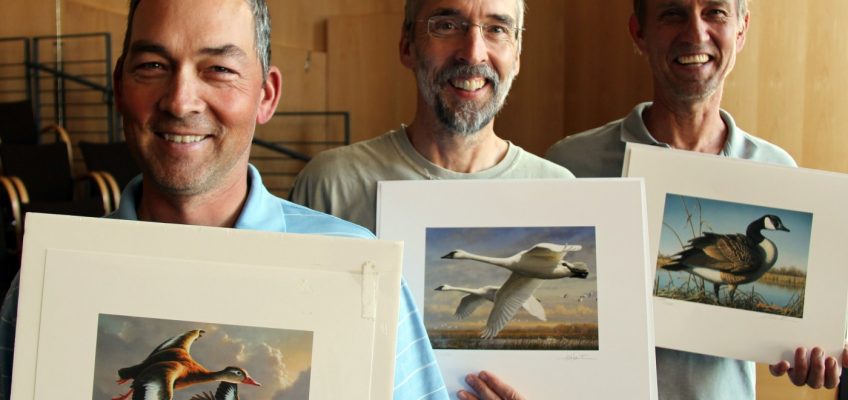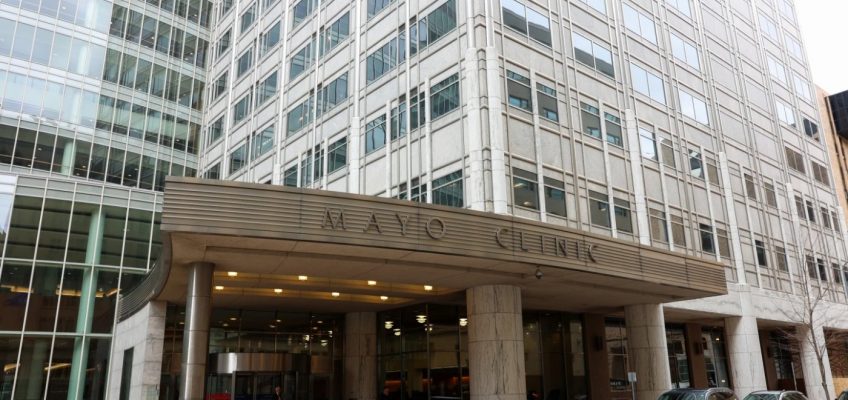When Terrence McNally died of complications from COVID in early 2020, we lost one of our most prolific and consistent playwrights. Be his focus comedy, drama, musical, opera or something for the screen, McNally always had something interesting to say in the 59 plays, librettos or screenplays he wrote in the last 56 years of his life.
Among his comedies, “It’s Only a Play” stands as one of the funniest, despite rising from the embers of an unqualified 1978 failure called “Broadway, Broadway.” Over the course of the next 36 years, McNally returned to the script again and again, rewriting, restaging, refining and polishing it into something that eventually became one of Broadway’s biggest hits of 2014 and ’15.
Speaking of resilient survivors, Park Square Theatre is celebrating its 50th anniversary, having found its financial footing after a few shaky years. It’s back to presenting a full season at its venue on St. Paul’s Seventh Place, which opened this weekend with McNally’s final finished version of “It’s Only a Play,” an affectionate and hilarious love letter to the art form of theater.
Boasting a cast that features some of the Twin Cities’ most consistently solid performers, it’s an uproarious backstage comedy delivered with rich characterizations and impeccable comic timing. Captained by Park Square’s artistic director, Stephen DiMenna, “It’s Only a Play” skewers and satirizes the stereotypes of Broadway, keeping things careening along at a propulsive clip and leaving laughter in its wake.
The action all takes place at an opening-night post-performance party. Passing through an opulent upstairs bedroom are the play’s producer, author, director and leading lady, joined by a critic, an actor who turned down the play’s lead role, and an aspiring thespian responsible for collecting the guests’ coats on a blizzardy night.
While the A-list personalities keep arriving downstairs — the voluminous name-dropping adds to the fun — these folks are fretting about the impending reviews, as well as worrying about losing a TV series, trying to slow the lead actor’s drug intake, pitching scripts, fighting off a large dog, and dealing with a kleptomaniacal director.
Working on a finely appointed Benjamin Olsen set with a mid-century modern flair and clad in Mathew J. Lefebvre’s elegant costumes, the actors look to be having great fun with these silly sendups of the theatrical milieu.
The relatively calm eye of this whirlwind of activity is Jim Lichtscheidl portraying a droll dear friend of the playwright who nevertheless passed on a part because he thought the script weak. He’s excellent, as is Sally Wingert as a star of the screen and tabloids who’s back on Broadway while on supervised release from law enforcement.
Emily Gunyou Halaas skillfully embodies the producer and party host enmeshed in the obsession with critics’ approval. One such critic has crashed the party, and his nihilistic spirit is made vivid by Warren Bowles.
The author of the play within a play feels like McNally’s stand-in, leaving Sasha Andreev to confront the challenge of holding forth about all that’s wrong with modern Broadway and what was once so great about the Great White Way. He’s an island of earnestness amid this tumultuous zaniness, lending a touch of gravitas to a consistently enjoyable valentine to the theater.
Rob Hubbard can be reached at wordhub@yahoo.com.
‘It’s Only a Play’
When: Through Oct. 19
Related Articles
Review: History Theatre misses the mark with ‘Don’t Miss Doris Hines’
Theater review: Guthrie gives a classic a powerful update with ‘A Doll’s House’
Theater review: CTC’s ‘Treasure Island’ well done, but the wrong play for right now
Theater review: Dark & Stormy unseals a time capsule with ‘Come Back, Little Sheba’
Theater review: Brave New Workshop’s latest is funniest at the federal level
Where: Park Square Theatre, 20 W. Seventh Place, St. Paul
Tickets: $65-$15, available at 651-291-7005 or parksquaretheatre.org
Capsule: An uproariously well-executed backstage comedy.




